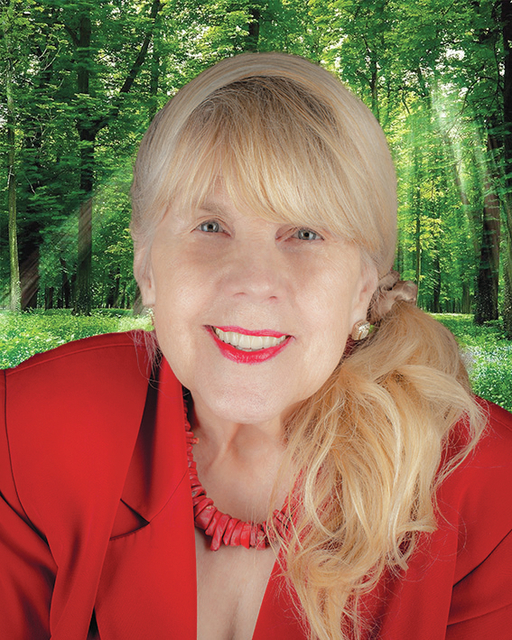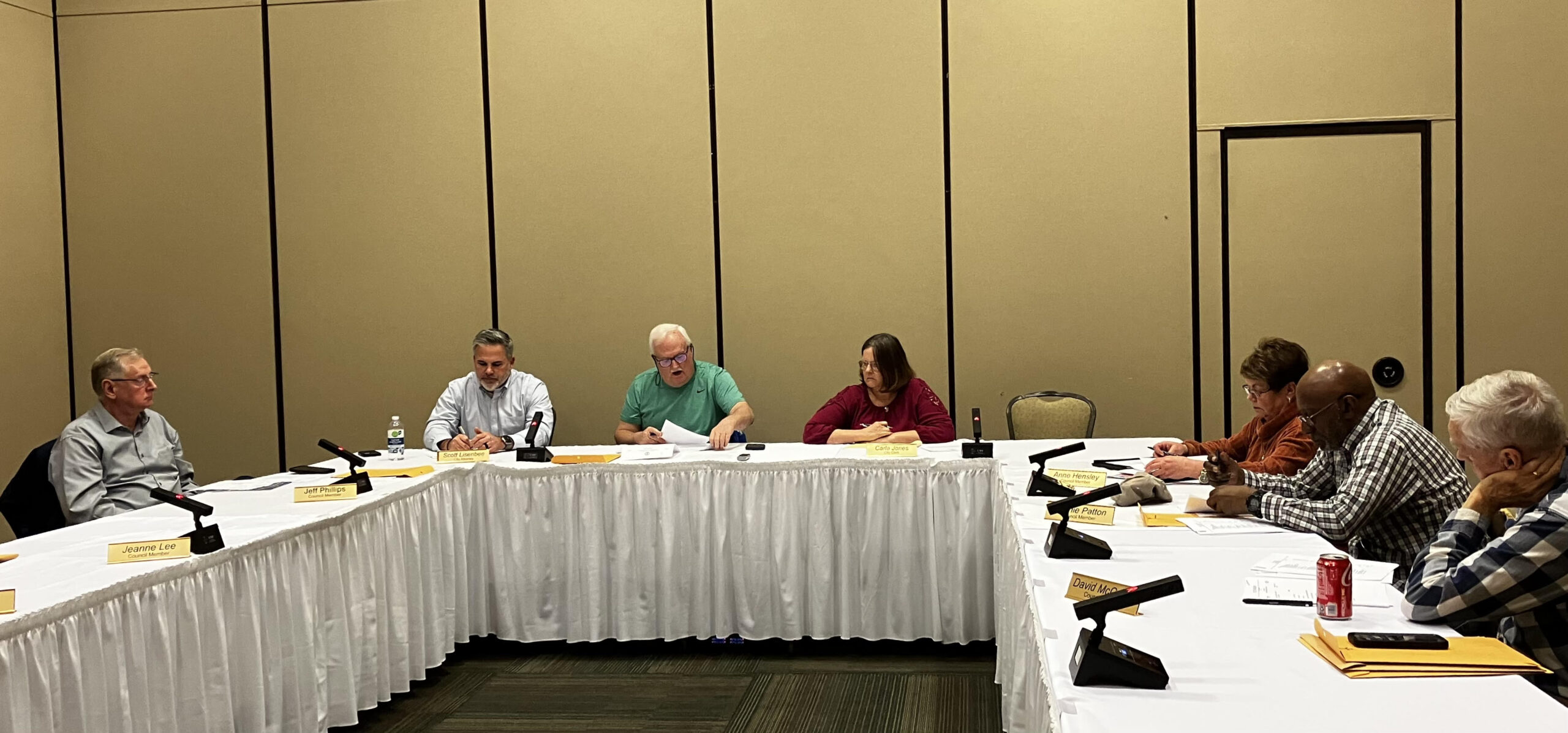Forgetting or remembering?
Published 6:01 am Saturday, November 4, 2017
“It’s not forgetting that heals. It’s remembering,” according to Johnny in East Tennessean Amy Greene’s first novel, Bloodroot.
Most who opt to read my column today realize that the world is complex, that evil exists, and – at times – we are dealing with issues that have the potential to destroy us.
We look for peace amid the chaos, moments of respite, and at times we gain it while at other times, it is fleeting.
Some think of the college years as carefree times for dating, wild parties, and experimentation – with someone else footing the bill. I’d like to disavow you of that line of thinking. Each fall, as part of the international Dayton Literary Peace Prize events which commemorate the 1995 peace accords ending the Bosnian War, my students at Edison State Community College write an essay in which they identify a struggle they have faced. This assignment calls for reflection and candor.
With their permission, I am giving you a glimpse into their lives:
• A Marine, an Afghanistan War veteran, writes about his best friend in combat being killed by an IED and the murder of a father and son who had warned his convoy that an ambush lay ahead, thus saving the lives of his unit.
•A young woman details her father’s drug addiction, which has led him to prison repeatedly, and the specific memory of his overdosing at her 19th birthday party. She writes of him, “Because of his faults, his talents go unnoticed. Others might perceive him to be a horrible person because of the mistakes he made and continues to make. But that’s not him. Drugs do not define him. He is not just some no-good junkie. He is a musician, an artist, a dancer, a comedian, a hard worker, and overall a good person.”
• Another chronicles a relationship with a boyfriend who was heading down a disastrous path until he made a decision to halt his destructive behaviors. She indicates, “The person he used to be has been laid to rest, and he is living up to his potential.”
• And yet another tells of the death by suicide, or accident, of a brother and her brother’s partner who disregarded the value of his life and taunted him by “telling him to kill himself, and how he wouldn’t be missed.”
• A father in his early twenties laments his father’s lack of interest in him and his children, “I thought things would eventually change, but they haven’t.”
• A young man describes a baffling illness that debilitates his mother while another tells of a mother with a definite disease diagnosis and protocol for addressing that disease who refuses to follow medical orders and moves systematically toward an early death. His essay is entitled “I Cannot Fix You,” and he writes, “I can do everything in my power to help her, but unless she makes the effort to help herself, she will never get better.”
• Another young man recounts the bullying at the hands of his classmates in middle school because of his weight and his determination to begin, and continue, a walking program which has led to significant weight loss and a rediscovered appreciation of the natural world.
• And there is a philosophic bent in several of the essays as students examine their personal psychology and the forces that drive them. One young man writes, “Occasionally, I silently scream to myself in the mirror as though it were not a mirror but a window that is used for him (an oni) to manifest his form to make him look like me and scream directly in my face, pushing me around and telling me what to do. He is not an easy customer to please; however, I have found ways to lighten his effect on my life.”
• A decision to forgo a basketball scholarship at a private university and instead enter the world of full-time work while attending Edison was the theme of one student’s essay. He has discovered his value to his employers and recently secured a significant certification and a promotion: “I have not regretted my decision. I wake up every day happy, but what I took from the game of basketball was it stood for more than a game. I took those same values and applied them to my work, my education, and my self-pride.”
• For one student his family’s ejection from a cloistered religious community when he was 14 created a need for major adjustments with the loss of family and friends at an age when he was highly vulnerable. He writes, “I have come to peace with the faster moving modern life. I now know that the traditions of the group to which I had been so attached were simply the teachings of men. I have found peace in simple faith in Jesus alone and in my life as a member of a society that is more eventful and fulfilling.”
What struggles have you had? Consider sharing them and lightening your burden.
Contact Dr. Vivian Blevins at vbblevins@woh.rr.com.






